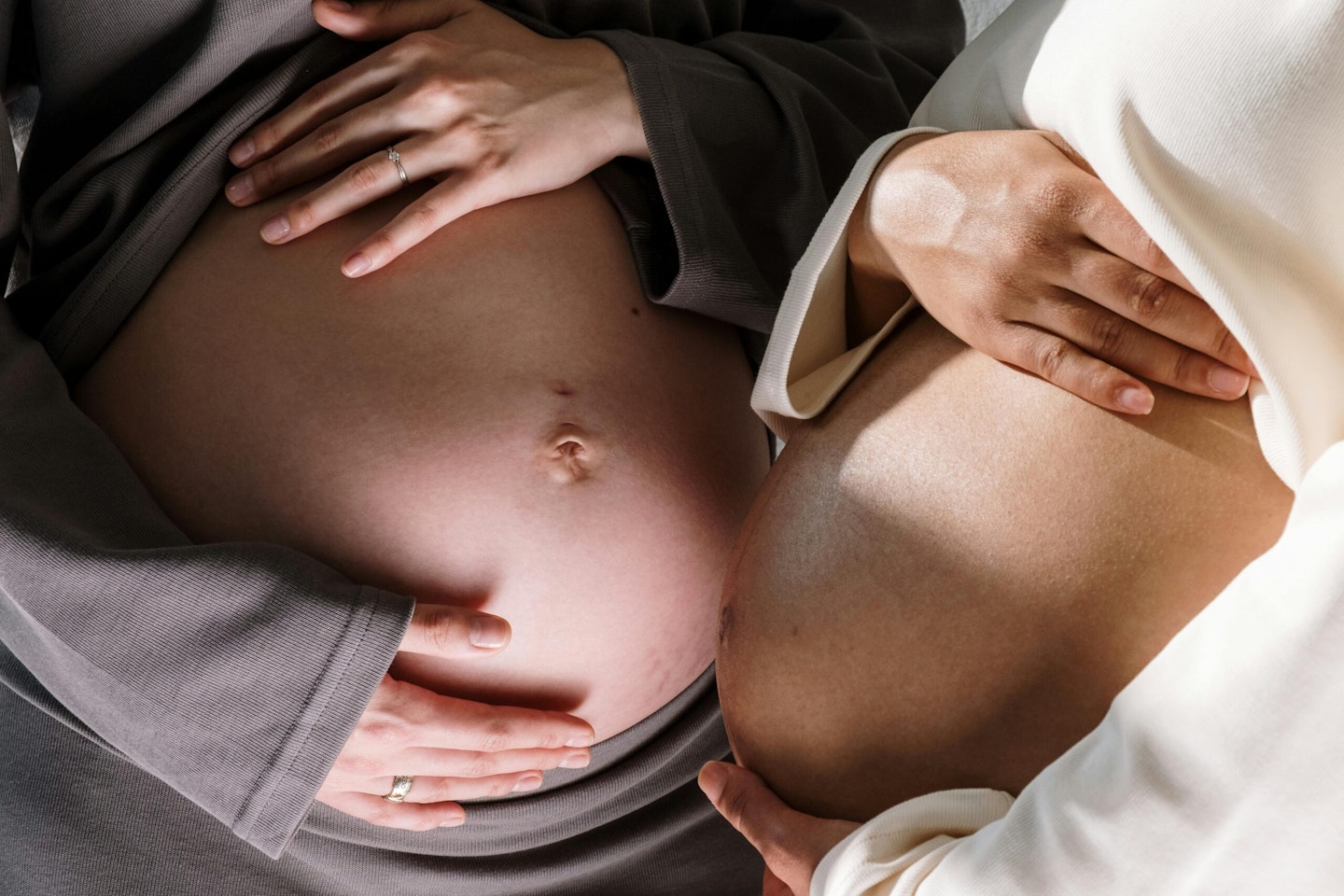Pregnancy can bring about countless changes in a woman’s body, and for many expecting mums, keeping up with all the new information can feel overwhelming. But staying informed can also provide peace of mind.
One key hormone to understand in early pregnancy is human Chorionic Gonadotropin (hCG). Knowing about hCG levels can help you track your pregnancy’s progress and spot any potential issues early on.
We spoke with Lesley Bland, a registered midwife and consultant midwife for My Expert Midwife, to help you understand everything you need to know about hCG levels in early pregnancy.

What is hCG, and why is it important?
In theearly days after conception, your body undergoes complex changes to support a healthy pregnancy. “In the very early days post-conception, lots of incredibly complex unseen things are taking place within your body including the formation of cells which start to form the placenta,” explains Lesley Bland, a registered midwife and consultant midwife for My Expert Midwife. “These cells release a hormone called human Chorionic Gonadotropin (hCG), which in turn stimulates the production of oestrogen and progesterone, hormones that switch off menstruation and help to maintain and support a healthy pregnancy.”
hCG can be detected in both blood and urine, but blood tests offer more accurate readings and can detect hCG levels earlier. Lesley says, “Home urine test pregnancy tests tend to require a higher level of hCG to show a positive result. It may be necessary to re-test a week to 10 days after receiving a negative test if pregnancy is suspected. The NHS advises waiting until at least one day following a missed period to reduce the risk of a false negative.”
How do hCG levels progress during early pregnancy?
“In the first 8 weeks of pregnancy, hCG levels will rise rapidly, doubling approximately every 24 to 48 hours until they peak around 10 weeks,” Lesley explains. After this rapid increase, hCG levels start to decline gradually, plateauing from about 12 to 16 weeks until birth. Post-birth, hCG levels decrease rapidly over 4 to 8 weeks.

What hCG level confirms pregnancy?
-
2 weeks pregnant: hCG levels are typically low but begin to rise.
-
4 weeks pregnant: hCG levels start increasing significantly.
-
5 weeks pregnant: Expect higher hCG levels as pregnancy progresses.
What should be the level of hCG in early pregnancy?
A healthy rise in hCG levels is a positive sign. As Lesley explains, “The single best prognostic factor with most conditions is how soon an abnormality is picked up, so the sooner any possible issues are identified, the better.”
Does a high hCG level mean a healthy pregnancy?
While higher hCG levels can indicate a healthy pregnancy, they can also signal other issues. “Abnormally high levels of hCG can be a cause for concern,” warns Lesley. “High levels could indicate a twin or multiple pregnancy but might also signal abnormal growths, gastric ulcers, liver disease, or some types of gynaecological cancers. Further investigation is necessary to identify the underlying cause.”
Common causes for abnormally high or low hCG levels
-
Low hCG levels: May suggest a miscarriage or ectopic pregnancy, requiring further tests and medical intervention.
-
High hCG levels: Could indicate multiple pregnancies or other health concerns, necessitating additional tests.

How do hCG levels correlate with pregnancy symptoms?
The rapid rise in hCG during the first trimester often correlates with common symptoms such as:
-
Fatigue
-
Nausea and vomiting
-
Dizziness and faintness
-
Breast tenderness
-
Heightened emotions
Lesley explains, “hCG levels rise rapidly during the first trimester of pregnancy, which coincides with manycommon early pregnancy symptoms. As hCG levels start to decline towards the end of the first trimester, many women report feeling better as nausea and fatigue ease, although some may continue to experience symptoms longer.”
About the expert
Lesley Bland is a Registered Midwife and Consultant Midwife for My Expert Midwife. She began her Midwifery career working in large teaching hospitals rotating through all clinical areas with particular emphasis on antenatal and intrapartum care. Lesley qualified as a mentor of students and developed a passion for education specialising as a Clinical Educator teaching the maternity multidisciplinary team.
About the author
Anne Lora Scagliusi is a Senior Digital Writer at Mother & Baby. She is a Scotland-based journalist with over a decade of international writing experience, specialising in women’s health, maternal mental health, and wellness. Her work has been featured in Vanity Fair, Marie Claire, and Glamour and has appeared on several Vogue global editions. She is mum to a one-year-old bambino and lives between Italy and the UK.
